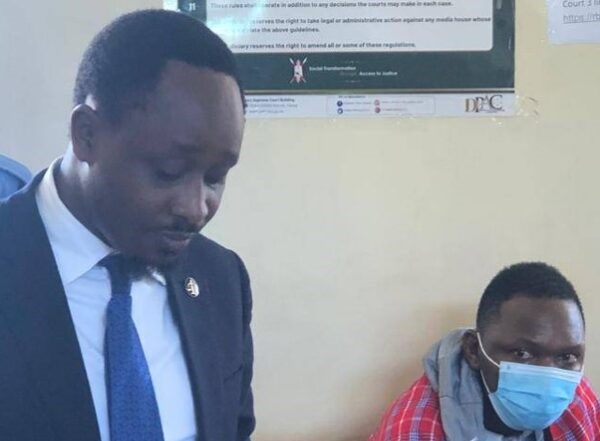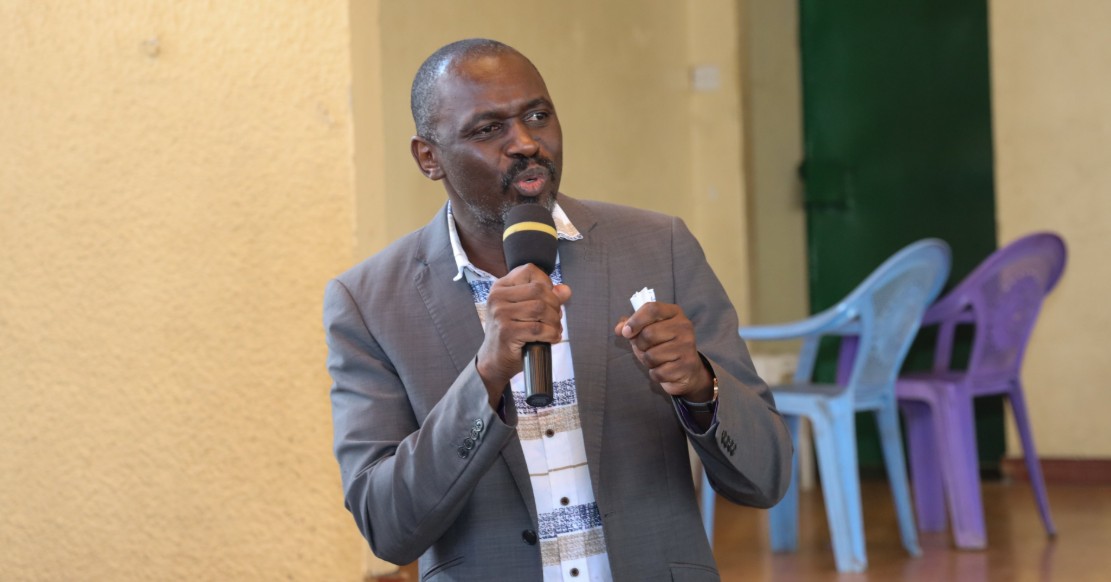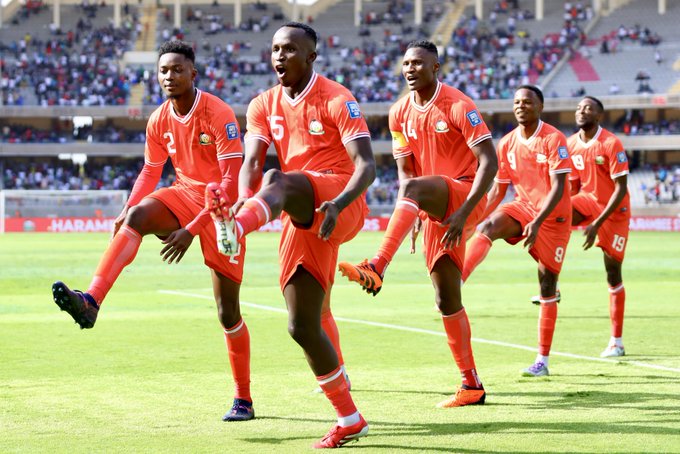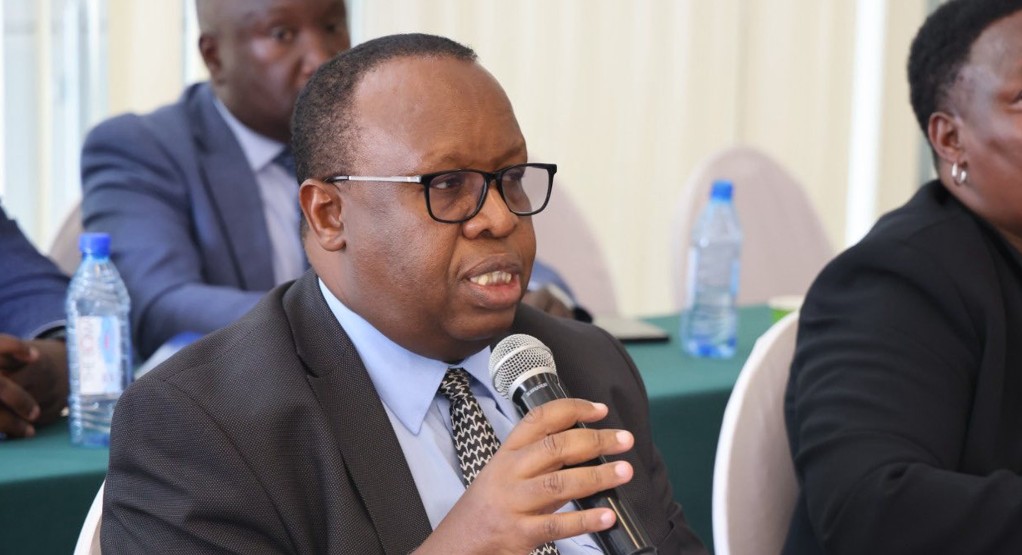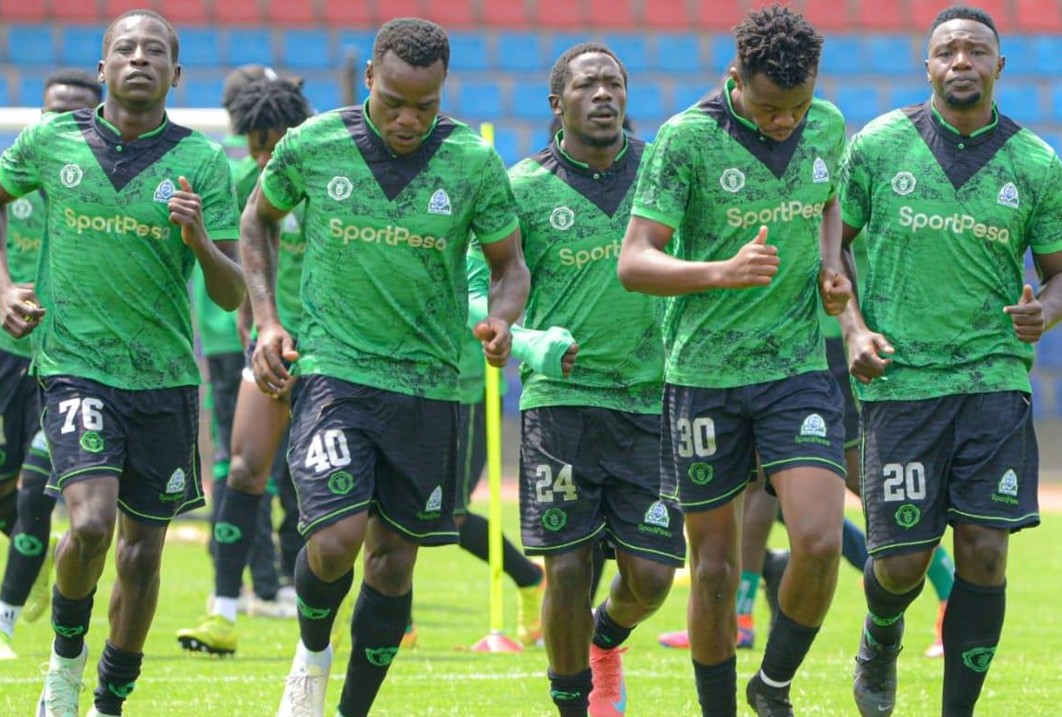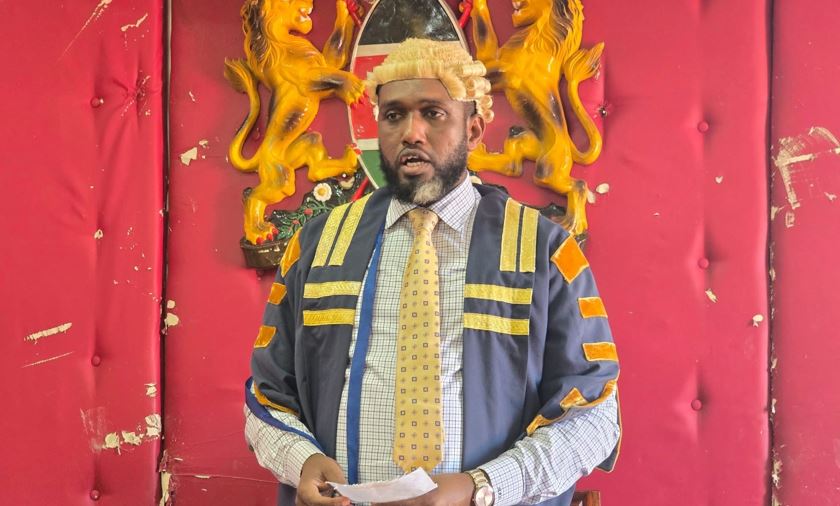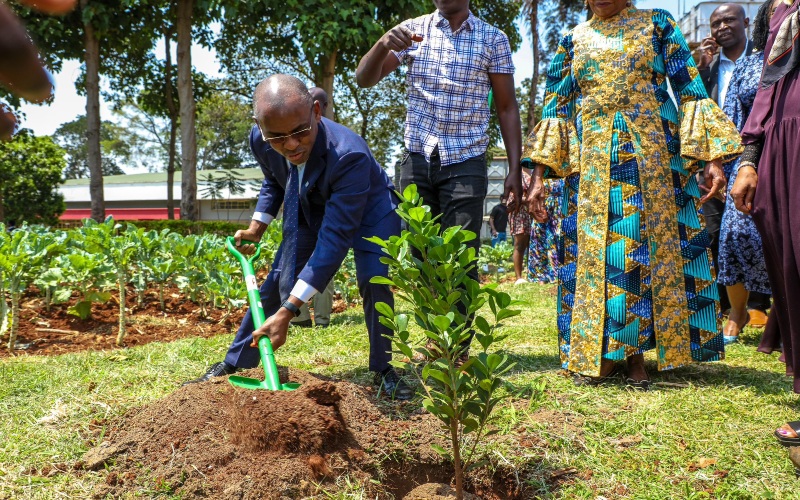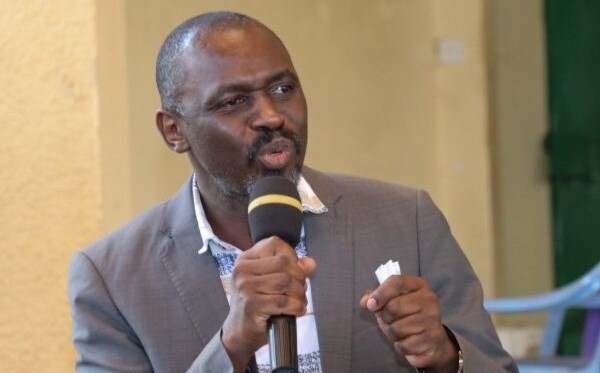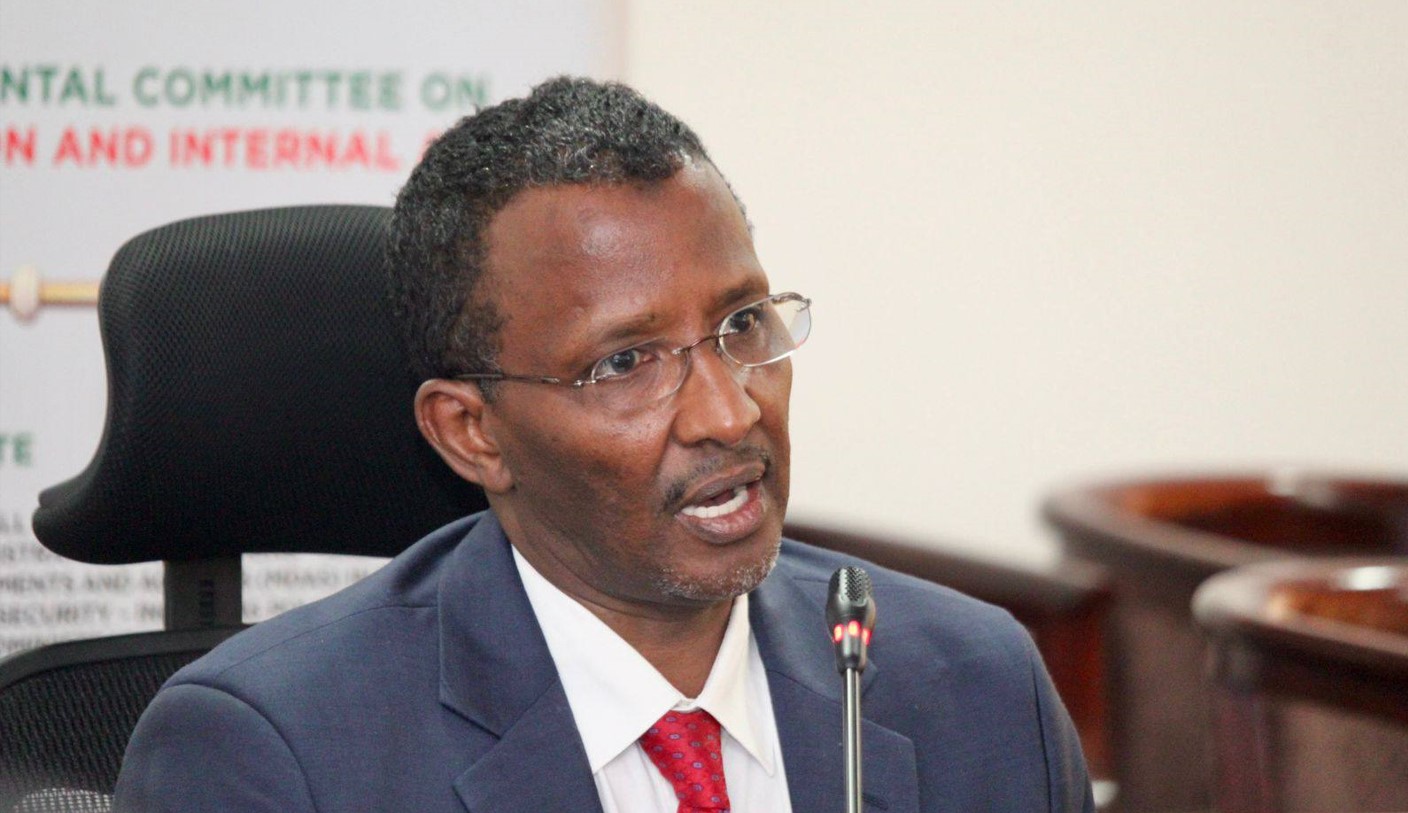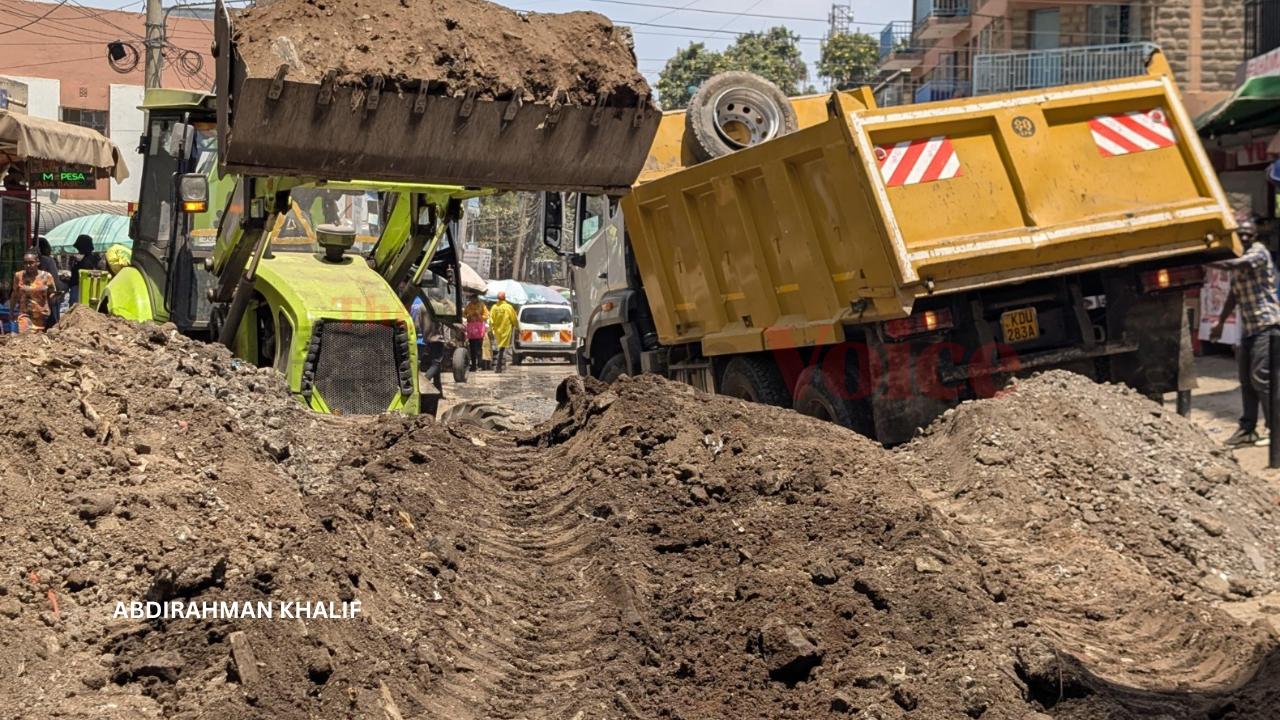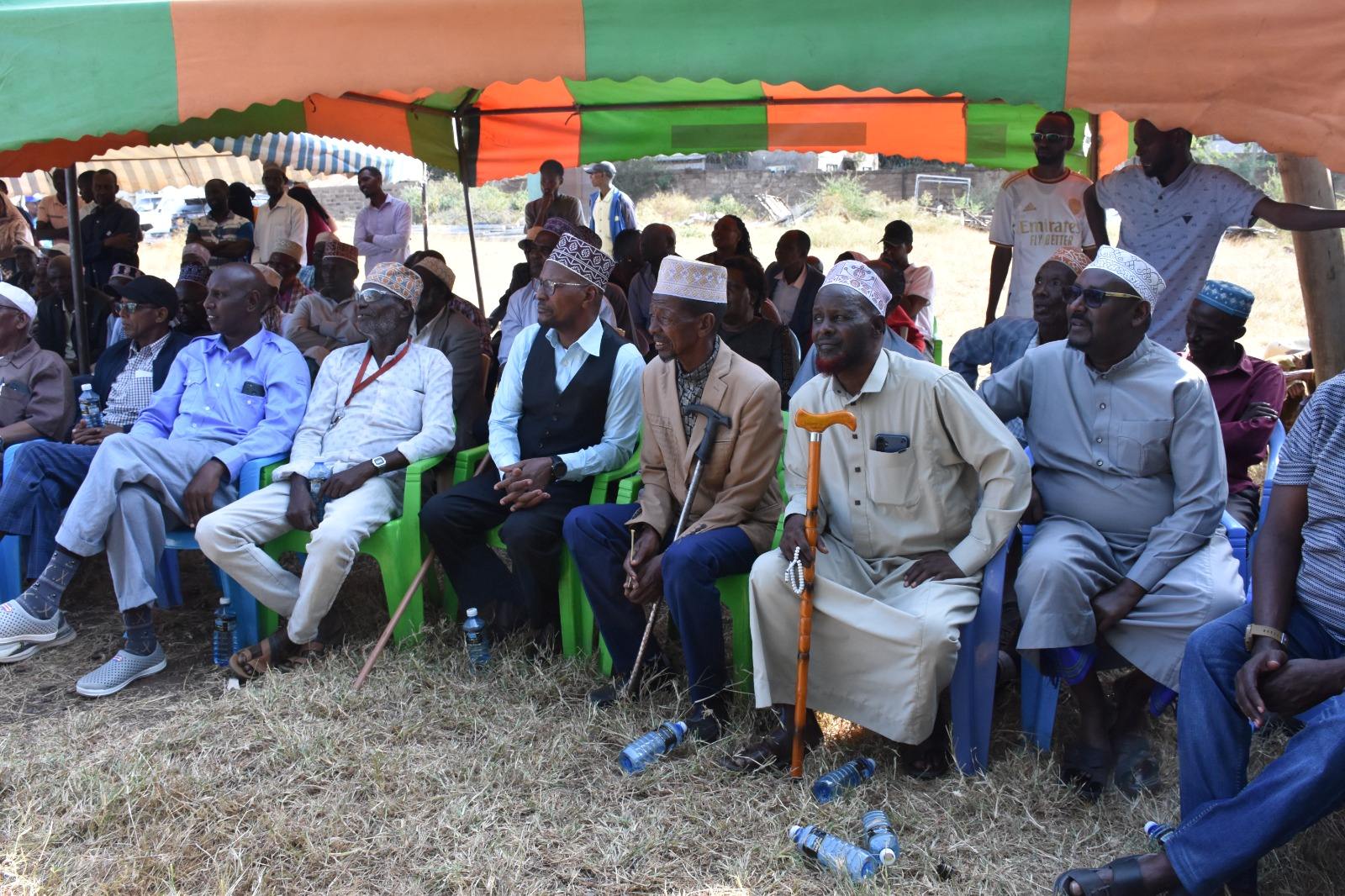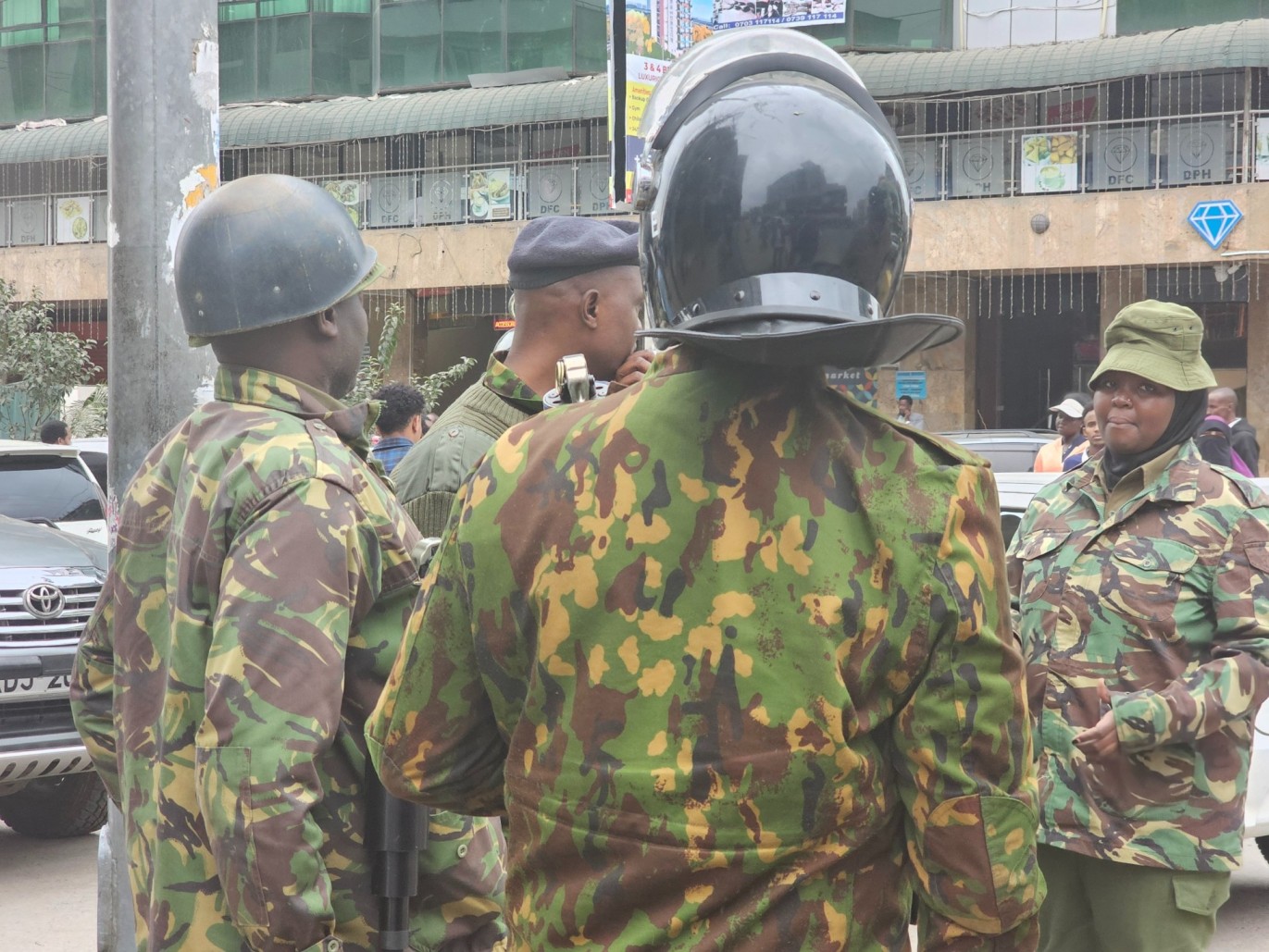Eastern African military commanders in Rwanda for key training
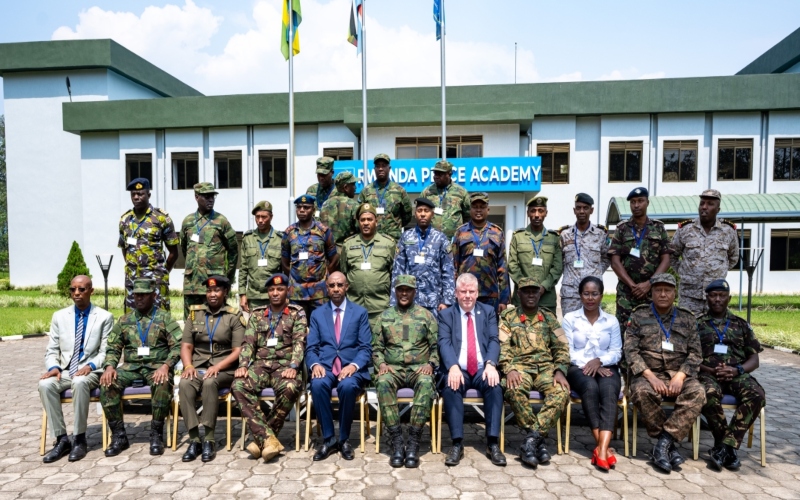
Brig Gen Ronald Rwivanga, the Head of Defence Public Affairs Department and Defence Spokesperson for the Rwanda Defence Force (RDF), underscored the significance of the initiative in building capacity for sustainable peacekeeping.
A course for battlegroup commanders in peace support operations opened on Monday, September 8, at the Rwanda Peace Academy in Musanze District, bringing together senior military officers from six Eastern Africa Standby Force (EASF) member states.
The two-week training of trainers course, which runs until September 19, is organised by EASF Secretariat and Rwanda Peace Academy, along with African Peace and Security Architecture (APSA). Seventeen officers from Burundi, Djibouti, Ethiopia, Kenya, Rwanda and Uganda, along with EASF Headquarters staff, are participating in it.
More To Read
- Kenya secures Sh958 million refunds for KDF in Somalia amid donor uncertainty
- Uganda defends troop deployment to South Sudan
- How illegal financial flows stifle Africa's growth
- Uganda detains 13, probes ex-spy chief over fake Kampala terror attacks
- KDF engages Wajir leaders to bolster security along Kenya-Somalia border
- How Kenya is leading Africa’s fight against cross-border crime
Speaking at the opening, Brig Gen Ronald Rwivanga, the Head of Defence Public Affairs Department and Defence Spokesperson for the Rwanda Defence Force (RDF), underscored the significance of the initiative in building capacity for sustainable peacekeeping.
“This course marks a critical milestone in our collective efforts to strengthen the operational readiness and interoperability of our forces,” Rwivanga said, noting that modern security challenges require commanders capable of leading in complex environments.
“The role of battlegroup commanders in planning, commanding, and coordinating multidimensional operations is vital, especially in today’s security environment, which is increasingly characterised by asymmetrical threats, transnational challenges, and fragile political landscapes,” he added.
He stressed that the training of trainers model was designed not only to build individual expertise but also to enhance institutional resilience.
“You are not only being equipped to lead, but also to teach, to mentor, and to multiply the knowledge and experience necessary to maintain a strong, professional, and responsive standby force,” he told participants.
“As Eastern Africa, we must continue to lead by example in ensuring our forces are not only ready but are also trained to the highest standards of professionalism, ethics, and regional cooperation.”
Rwivanga urged the officers to embrace the responsibility that comes with the course. “This is more than a training; it is a reaffirmation of our shared responsibility for the peace, stability, and development of our beloved continent.”
Col (Rtd) Jill Rutaremara, the Director of the Rwanda Peace Academy, welcomed the participants and praised the collaborative effort that made the course possible.
“This course is a result of engagements between the African Union, the Eastern Africa Standby Force Secretariat, EASF member states, including Rwanda as host, and the Rwanda Peace Academy,” he said.
“It will enable you to effectively train and mentor potential Peace Support Operations battlegroup commanders in planning, commanding and executing a wide range of operations in the EASF context.”
He thanked the AU, EASF Secretariat, and participating states for their support, and expressed appreciation to the Ministry of Defence and the RDF for providing strategic guidance.
The training is being delivered by facilitators from Kenya, Rwanda and Uganda, alongside the Coordinator of the International Advisory and Coordination Staff from Denmark, who will serve as a mentor.
Participants will also visit the Kigali Genocide Memorial and the Campaign Against Genocide Museum to deepen their understanding of the human cost of conflict and the importance of effective peacekeeping.
Top Stories Today
Reader Comments
Trending
